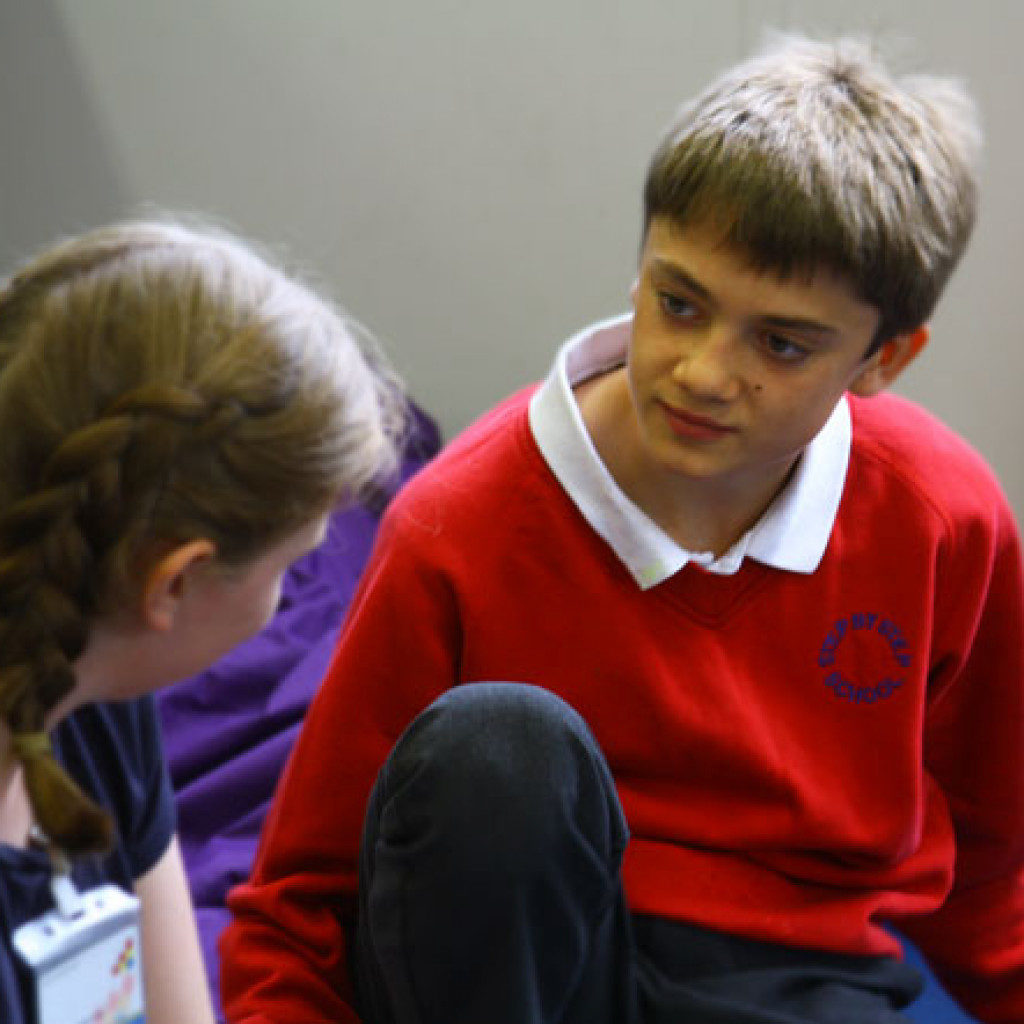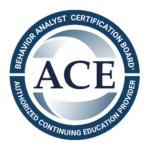Behaviour analysis is not a therapy or a treatment approach; it is the science of understanding behaviour. Step by Step School’s teaching approach is built on the principles of this science and is based on observing and understanding people’s behaviour.
Through the use of observations, Behaviour Analysts can carefully collect data on behaviour which is then used to make informed decisions about what teaching approaches to recommend and to determine whether those recommendations are working. Each individual is different and strategies need to be tailored to suit that individual’s needs. Observations and understanding the person’s interests, motivations and their behaviour enables Behaviour Analysts to do this.
ABA is used in a wide variety of settings such as the NHS and adult care services, organisations and businesses (e.g. Organisational Behaviour Management) and mainstream and special educational settings. ABA can be implemented in a variety of different ways, depending on the setting and the goals. For example, 1:1 intensive teaching, group activities (e.g. group lessons, work experience opportunities), group strategies in schools and workplaces and short term support for teaching specific skills.
There is a wealth of research to show the effectiveness of behaviour analytic approaches and the impact on the behaviour of others. Research is continuously ongoing in the UK and around the world in order to help people reach their goals and improve the quality of their lives. At Step by Step School we strive to ensure our practice is evidence based and supported by current research.

The following services are based on the principles of Behaviour Analysis and like ABA, should be overseen by a qualified Behaviour Analyst.
Early Intensive Behavioural Intervention (EIBI)
Verbal Behaviour (VB) model
Positive Behaviour Support (PBS)
Schoolwide Positive Behaviour Interventions and Support (PBIS)
Pivotal Response Training (PRT)
Precision Teaching
Acceptance and Commitment Therapy (ACT)




Copyright © 2024 Step by Step School | Step by Step is a registered charity 1091258.